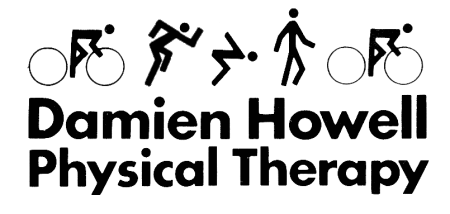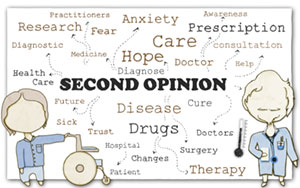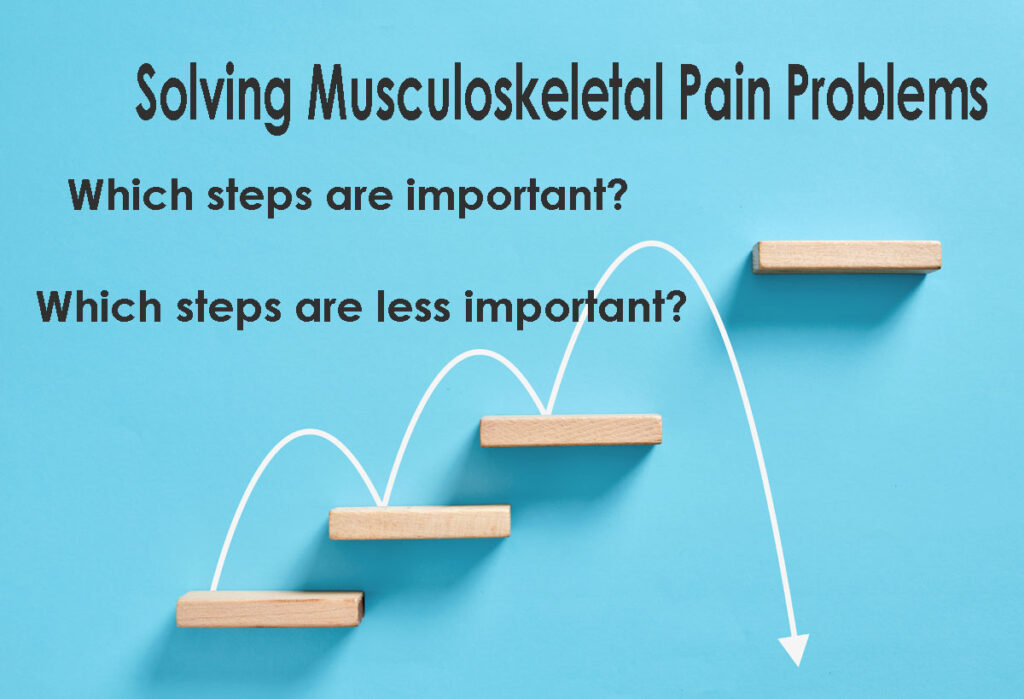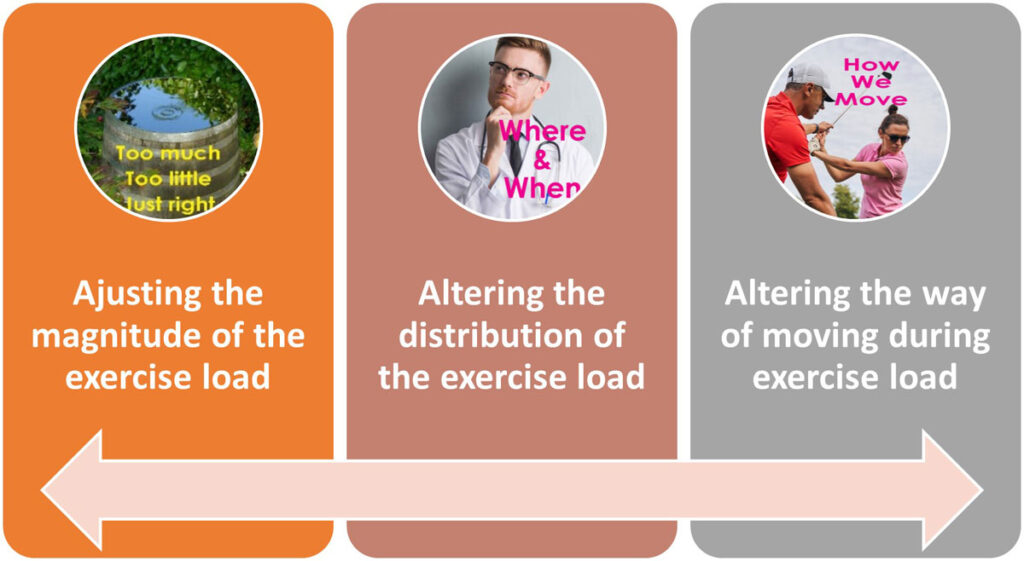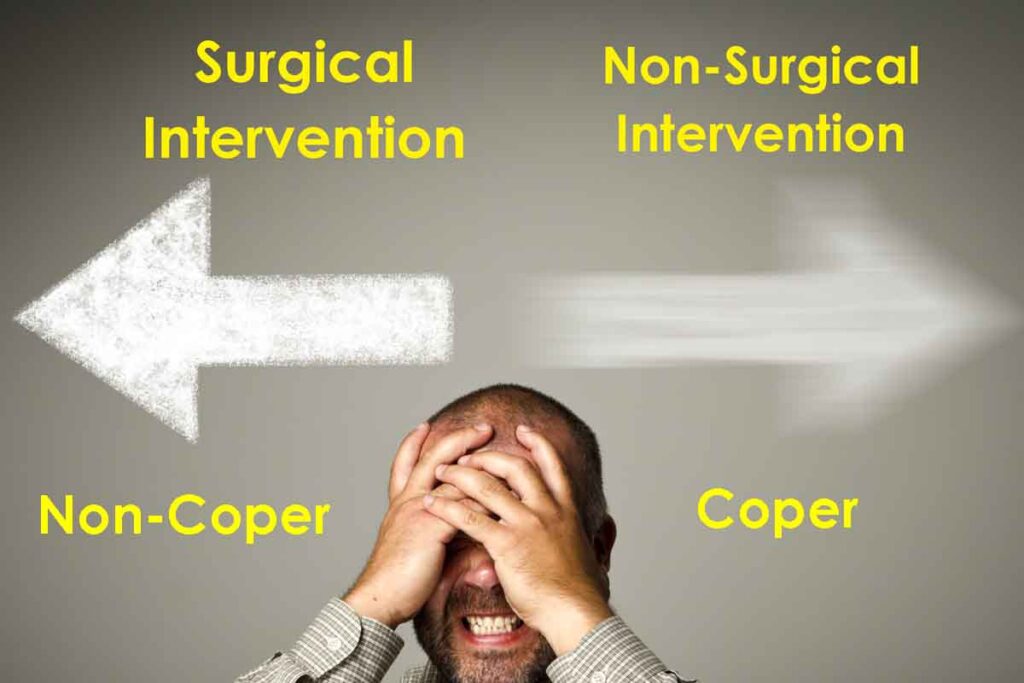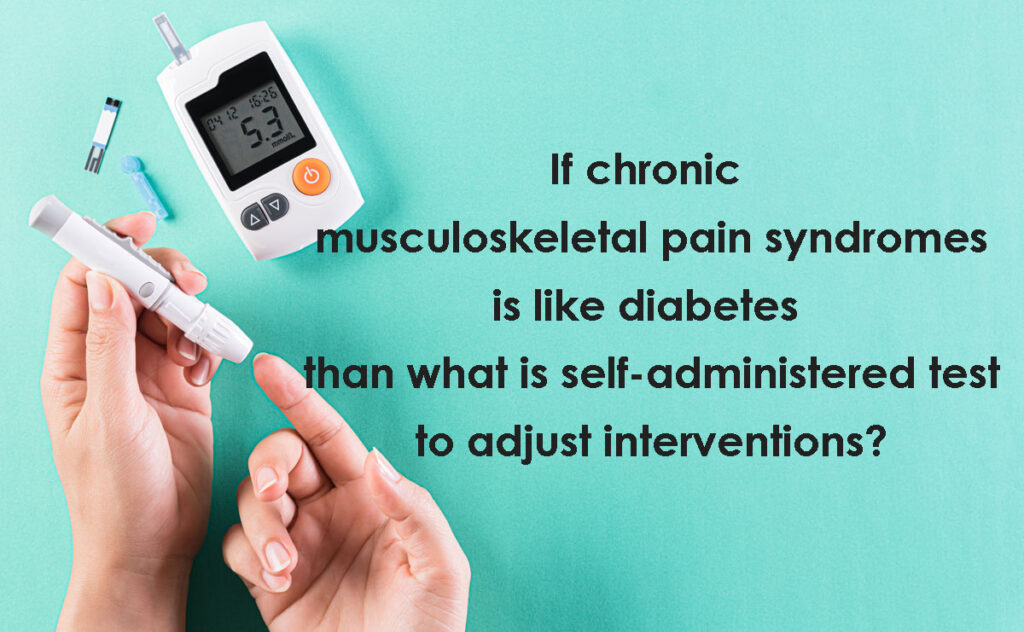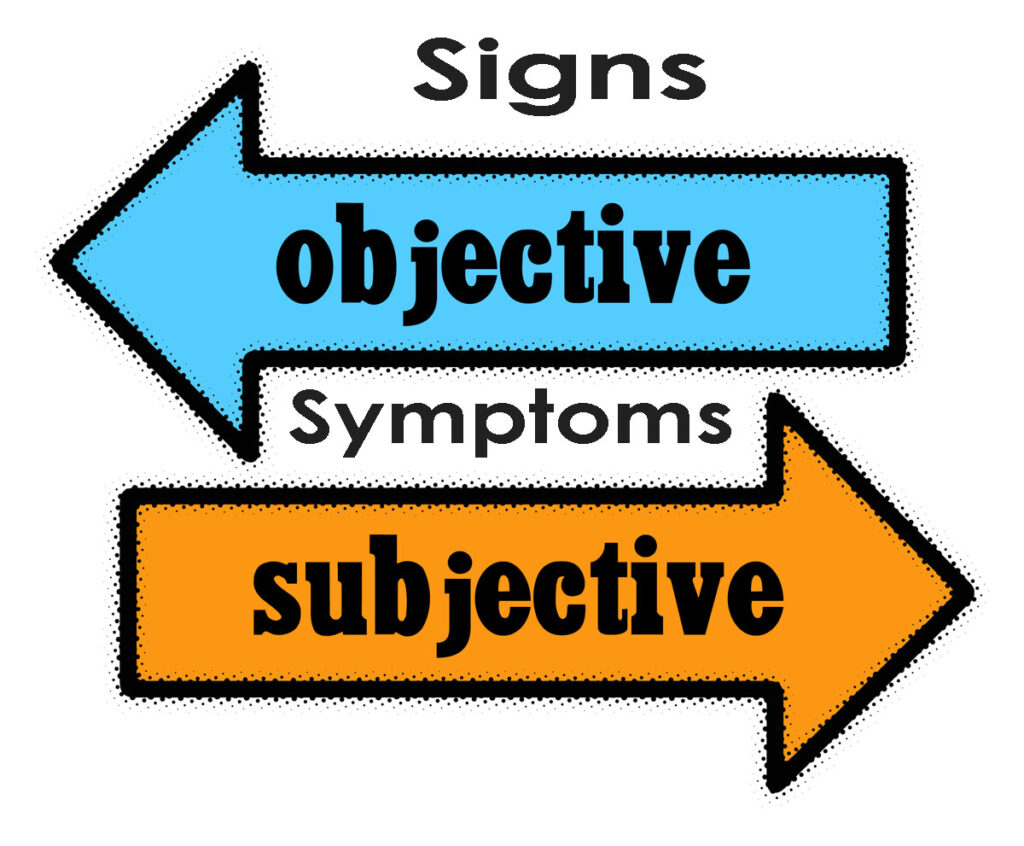Search results for: second
Second Opinion Physical Therapist
Getting and providing second opinions regarding medical care is a common practice. Getting and providing second opinions from a physical therapist is a less common practice, but why? Decisions regarding healthcare can by very important. There are times and situations when getting a second opinion regarding healthcare advice are a prudent action. Studies have shown…
Read MorePhysical Therapy telehealth lessons learned mistakes made
My perception of my abilities in providing telehealth video conferencing Physical Therapy or Physical Therapy service online follows the Dunning-Kruger effect. The Dunning-Krueger effect is a process of overestimating and underestimating our abilities and competence. When I began offering telehealth Physical Therapy in 2017, I initially overestimated my abilities. Over the past seven years, I…
Read More20250329 draft Physical Therapy Online Telehealth
Physical Therapy Online Telehealth Call 804-647-9499 for a free discussion to determine whether a telehealth visit (live video conference) is right for you, or whether a face-to-face consultation is more appropriate. There may be times when a face-to-face assessment of your musculoskeletal problem isn’t convenient, or you may just want a second opinion or to…
Read MoreMusculoskeletal pain which are important steps which are less important?
Thesis: Choosing a diagnosis is an early step in solving non-traumatic muscle and bone pain problems. A diagnosis helps guide treatment, predict how problems will progress, and improve communication. A diagnosis has many functions, including direction for intervention to solve problems, predicting how problems will progress, and assisting in communication. Antithesis: Medical terminology is notoriously…
Read MorePhysical Therapy Online Telehealth
Physical Therapy Online Telehealth Call 804-647-9499 for a free discussion to determine whether a telehealth visit (live video conference) is right for you, or whether a face-to-face consultation is more appropriate. There may be times when a face-to-face assessment of your musculoskeletal problem isn’t convenient, or you may just want a second opinion or to…
Read MoreAdjusting the exercise load to manage musculoskeletal pain syndrome
Adjusting the amount of exercise load involves seeking a balance between increasing or decreasing the load. Athletes and healthy individuals the bias is towards increasing the load to improve capacity and performance. For musculoskeletal injuries, post-orthopedic surgery, or musculoskeletal pain syndromes, the bias is towards decreasing the load to facilitate healing and recovery. Tactics to…
Read MoreContinuing Education Courses DHPT
Continuing Education Courses for Healthcare Providers Provided by Damien Howell Acquire opportunities/courses to help you & your patients thrive Enhance your ability to “learn how to learn” – reflective learning Enhance your credibility with customers Integrate & refine your clinical skills Improve your clinical reasoning Take courses that quality for Virginia Physical Therapy Board Type…
Read MoreOrthopedic surgery is not always necessary – coper vs non-coper
A diagnostic image such as an MRI can show significant structural damage such as a complete tear of the anterior cruciate ligament (ACL), a complete tear of the rotator cuff of the shoulder, a herniated spinal disc, or other musculoskeletal tissue damage. In 1983 Frank Noyes and colleagues in a seminal study of patients without…
Read MoreMovement-evoked pain measurement for adjustment of interventions for chronic musculoskeletal pain syndromes
If chronic musculoskeletal pain syndrome is like diabetes, then what is a self-administered test to adjust interventions? A thought-provoking article by Jermey Lewis and Peter O’Sullivan suggests “Is it time to reframe how we care for people with non-traumatic musculoskeletal pain” they suggest we have a lot to learn from how other chronic medical and…
Read MoreUsing symptoms &/or sign modification procedure to manage musculoskeletal pain syndrome
The symptom modification procedure is a clinical reasoning process and is a common practice in the Physical Therapy profession. The symptom modification procedure involves identifying the specific movement, posture, and/or activity that reproduces the patient’s symptoms. Typically, the symptom is pain, which can be weakness, falls, or other functional limitations. Then intervening to alter the…
Read More